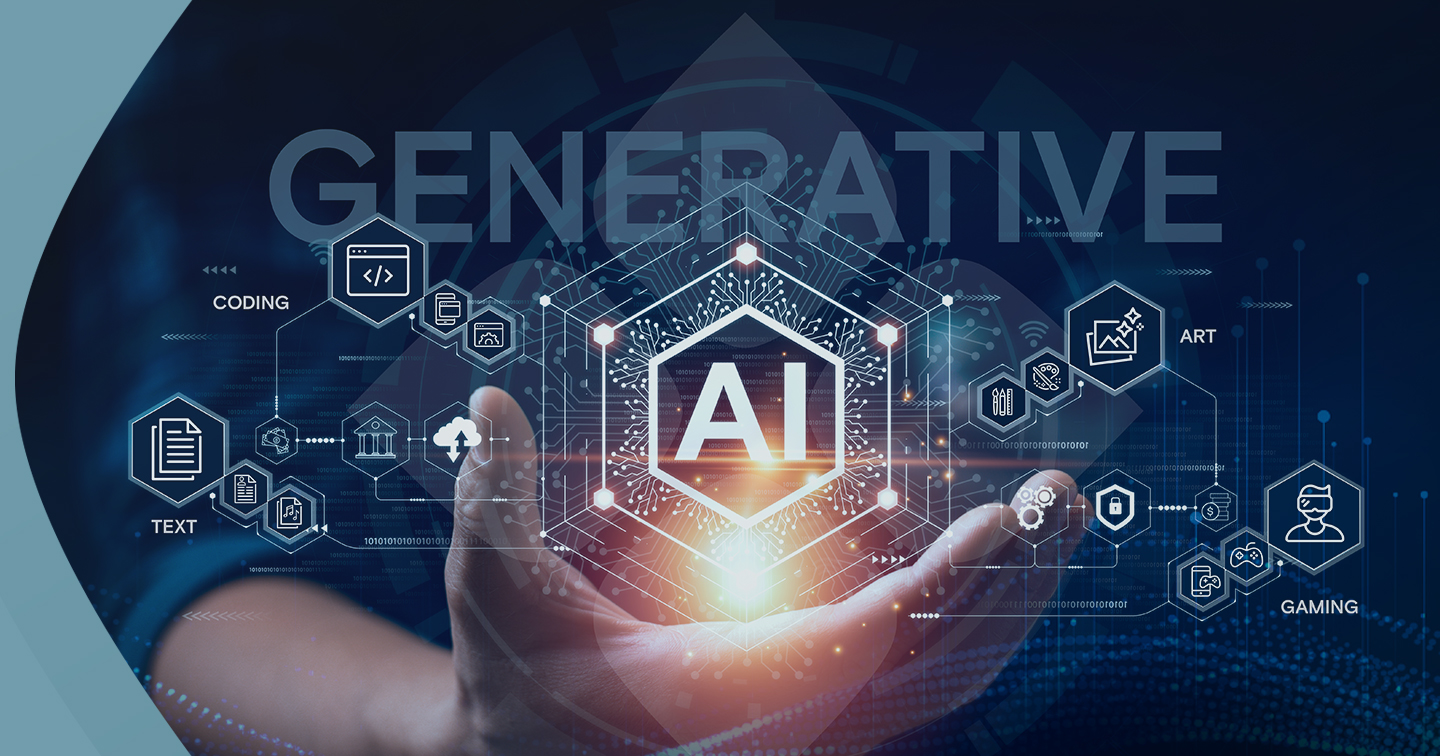In recent years, Generative AI has revolutionized the tech landscape, redefining how we create and engage with digital content. Unlike traditional AI, which primarily focuses on tasks like classification and prediction, Generative AI models analyze patterns within vast datasets to create entirely new and original outputs. These can range from text and images to music, videos, and beyond.
Challenges to Navigate
Despite its immense potential, Generative AI raises critical concerns that demand attention:
- Copyright and Ownership: Who owns the rights to AI-generated content? Navigating this gray area will require robust frameworks and legal clarity.
- Ethical Use: Ensuring Generative AI is used responsibly—without promoting misinformation or harmful content—is vital for its acceptance and longevity.
- Data Privacy: Since these models are trained on large datasets, safeguarding user data and maintaining transparency is paramount.
By addressing these challenges head-on, we can build trust and pave the way for responsible innovation.
Unleashing Creativity and Innovation
Generative AI is a powerful tool for sparking creativity and driving innovation. For instance, writers grappling with writer’s block can use AI to generate fresh ideas and prompts, while designers can leverage it to produce a wide array of design concepts in mere seconds. By automating repetitive and time-consuming tasks, Generative AI frees up creative teams to focus on big-picture ideas and explore new horizons in art, entertainment, and business.



